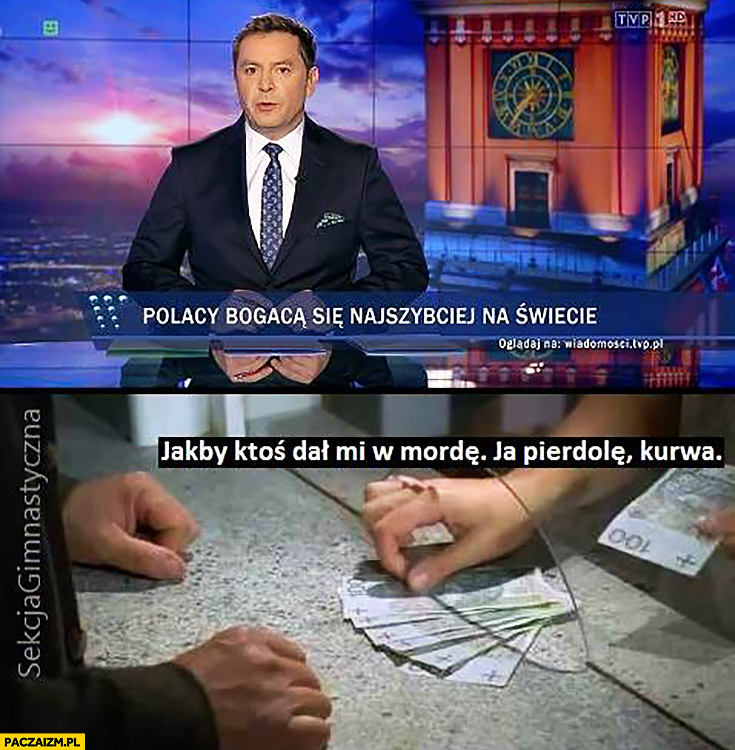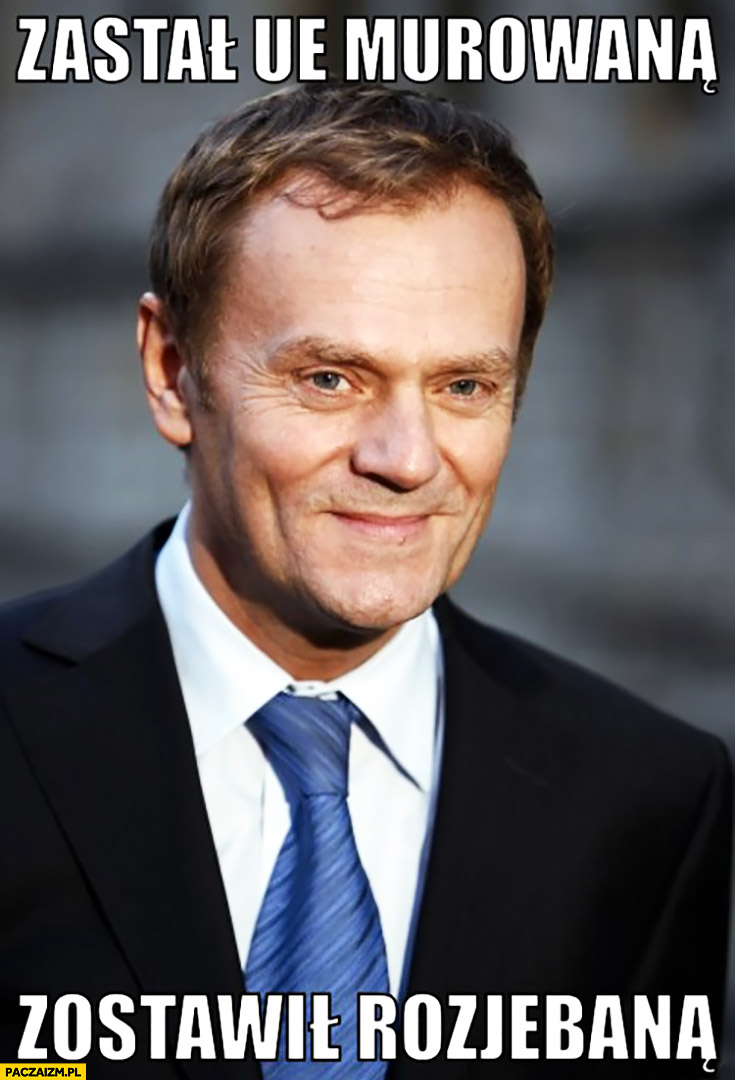I found a cute Polish meme on the internet. It's a painting of a young girl sitting on the front steps of her home, lost in thought. She is asking "Do you think this is a nice place?" (According to Google translate) And her dog is sitting next to her with its head on on her shoulder, staring off in the same direction. The dog seems to be thinking "Sznur troche w prawo" which Google says is "Rope a little to the right." Is the dog asking her to scratch him a little to the right? Move a little to the right? Or something else entirely?
Thanks for any help. I've been wondering for over a year now.
Thanks for any help. I've been wondering for over a year now.

Here's the original.
 PolishForums LIVE / Archives [3]
PolishForums LIVE / Archives [3]




